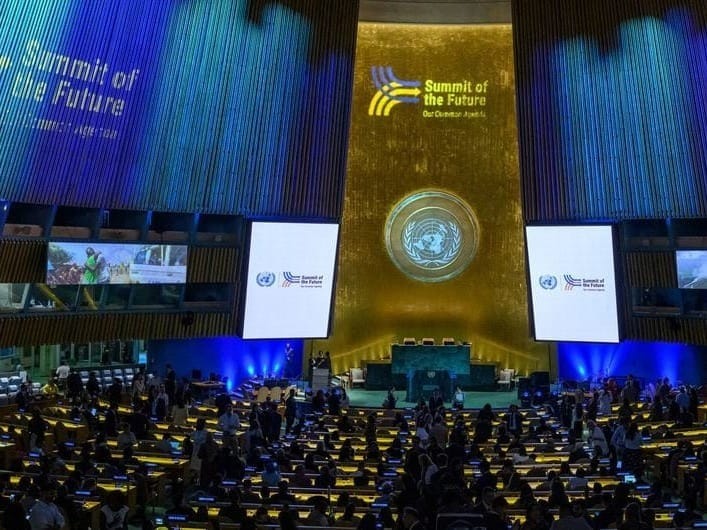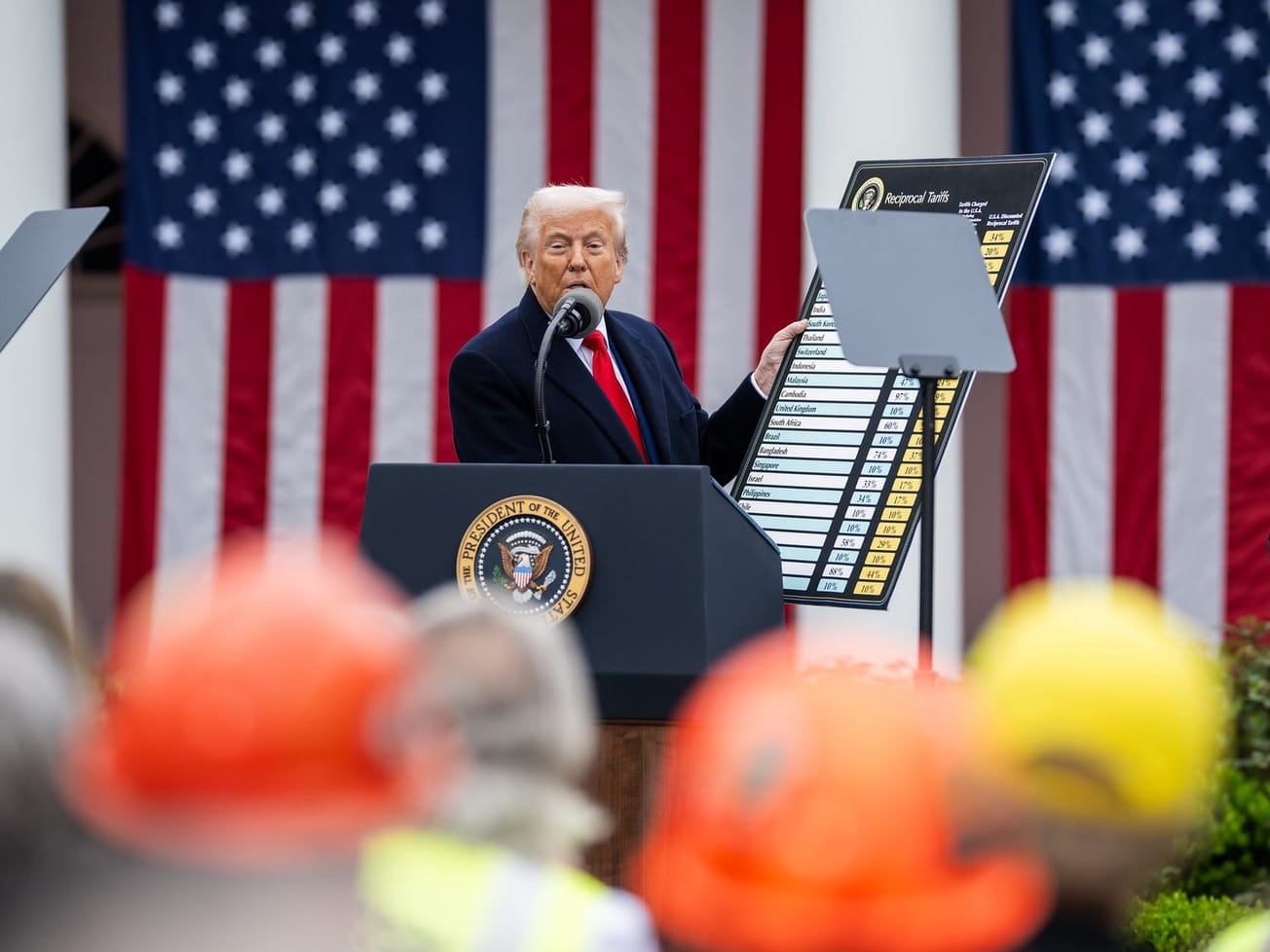The U.N. General Assembly approved a new "Pact for the Future” for meeting this century's challenges – and keeping the world body relevant.
What's new: The pact approved by the 193-nation assembly on Sunday – just seven nations, including Iran and Russia, opposed it – outlines 56 broad actions, including an explicit call to phase out fossil fuels.









